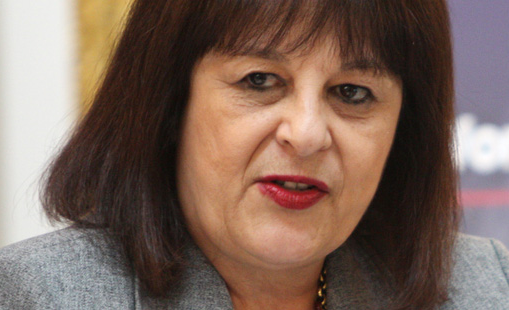Right to the City: Jerusalem and Cairo?

HIC-HLRN has produced two new studies as part of a global HIC/Instituto PÓLIS project to promote the right to the city. They assess the prospects of applying the “right to the city” to two of the most-pivotal urban centers in the Arab world: Jerusalem and Cairo. Both review the historic continuum of urban governance, as well as project the possible applications of the right-to-the-city concept in each case. Realizing the right other city in each case is a highly speculative exercise; however, civil society developments suggest that each city is ripe for raising the right-to-the-city claim in the context of much-needed urban governance reform.
For indigenous Jerusalemites and the wider Palestinian people looking to their national capital, the right to the city may seem little more than one more of a comprehensive bundle of rights that colonization and occupation have denied. Realizing the right to the city in Jerusalem may be elusive, but its constituent principles may provide a critical framework for the corrective agenda.
Among the earliest urban-governance models come to us from ancient Egypt; however, the contemporary institutions of government there have not yet manifested general support for the right to the city or its principles, neither in the very-recent Constitution nor in the appointment of local administrators. The Egyptian Ministry of Planning (MoP), Ministry of Housing and Urban Development and the Ministry of Local Development remain so far aloof to lessons from other countries with experience in implementing the right to the city, leery of the potential contagion of federalist systems.
The future of local governance is the subject of much speculation. It is far too early to predict the legislative outcomes of a parliament that has not yet been elected, particularly as local government so far has occupied such as low priority long deferrals in the current transition across the region. Meanwhile, some local development experiments are creating viable alternatives to the past.
One light through the tunnel can be found in Egyptian central government with the creation of a new Ministry of Urban Renewal and Informal Settlements. This executive mechanism has assumed the functions of the former Informal Settlement Development Facility (ISDF) and holds a broader mandate to develop policy across the state’s jurisdiction.
Encouraging has been both the choice of minister and her mode of operation. Minister Leila Iskander is a champion of the people’s right to a basic, dignified livelihood with an award-winning background in development. After a cabinet reshuffle following `Abd ul-Fattāh al-Sisi’s ascension to the presidency—and her outspoken opposition to Egypt’s use of polluting coal as former Minister of Environment—Madam Iskander now takes her rights-based approach to the urban context. She expresses an integrated and nondiscriminatory view of Cairo, overcoming the suggestions of a contradiction between urban renewal and informal settlements, noting that “Cairo is two-thirds informal neighborhoods. So if we’re going to talk about the formal part of the city or the informal part, it’s one city.”
In her first months in office, Minister Iskander has met with civil society organizations to listen to alternatives to the policies of the past 30 years, including discussions that have invoked the right to the city. Moreover, she has visited the slums and collected the voices of inhabitants to inform her ministry. While she may have her detractors, particularly at the level of old-guard governorates, the new Ministry and minister augur change from urban business as usual.
|